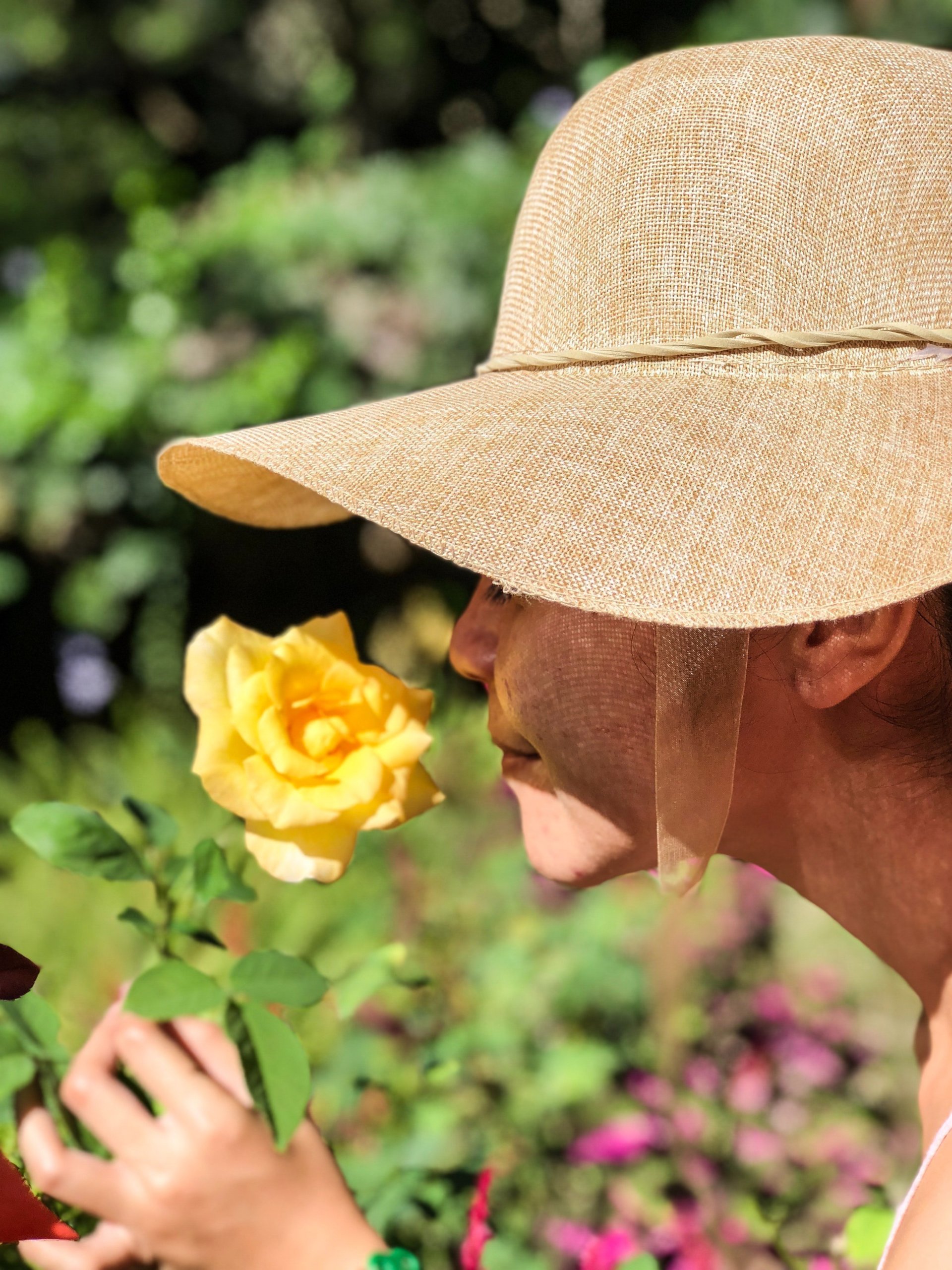
Springtime Allergy Tips and Tricks
April showers bring May flowers, but April also brings one not-so-pretty thing: allergies. As the weather warms up, the plants grow, and we get outside more, our allergies can be absolutely draining. From sneezing and skin irritation to low energy and poor sleep, here are some springtime tips for combating your pollen-fueled woes.
Acupuncture
Whether you’re having a one-time flare-up or your allergies are chronic, acupuncture at Naturna is a great treatment option. Not only do we have many patients who feel relief from their allergy symptoms, but tons of medical research supports acupuncture for allergy treatment. Large trials documented the positive effects of acupuncture treatment on allergic rhinitis, bronchitis, allergic asthma, and other allergic ailments in both adults and children (Choi et al., 2013 and Pletcher et al., 2006). In addition, otolaryngologists have noted the positive effects of acupuncture in these conditions (Taw et al., 2015) and the medical community continues to do more investigation into how acupuncture can be used both alone and in conjunction with traditional Western medications.
Revamp your diet
Your diet can play a huge part in your immune health, especially your allergies. Eating staples of the Mediterranean diet, like fish, nuts, and healthy oils, are a big plus for your sinuses and airways – but don’t worry, there are vegetarian and vegan supplements if fish isn’t your cup of tea. You can also make sure that you get plenty of probiotics (like those in yogurt) and eat lots of cooked veggies and soups to help clear out mucus and keep yourself healthy.
Salt therapy
One new treatment technique for allergies is salt therapy, otherwise known as halotherapy. Himalayan salt acts as an air purifier (you might have heard of Himalayan salt lamps, which are all the rage today!), which can help reduce allergens in the air and get you some much-needed relief. You’ll sit in a room filled with the beautiful Himalayan salt for about 30 minutes, and many say that you’ll feel immediately calmed – and you’ll be breathing easier! Research has indicated that this treatment triggers anti-inflammatory and anti-allergic responses in the body (Lazarescu et al., 2014).
Investigate your allergies – seriously!
Even if you’re allergic to specific trees or grasses, it’s important to understand that those plants are often closely related to other plants. For example: if you’re allergic to ragweed, then chamomile tea, which may initially appear soothing, may actually worsen your symptoms, as the two plants are closely related. If you have seasonal allergies or your allergies seem random, consider talking to an allergist to get more information about the specifics of what’s causing your problems.
So if you’re reading this post with itchy eyes and a stuffy nose, maybe it’s time to try more than just that over-the-counter Claritin D. Good luck!
References:
Choi, S. M. et al. (2013). A multicenter, randomized, controlled trial testing the effects of acupuncture on allergic rhinitis. Allergy, 68(3), 365-374.
Lazarescu, H. et al. (2014). Surveys on therapeutic effects of “halotherapy chamber with artificial salt-mine environment” on patients with certain chronic allergenic respiratory pathologies and infectious-inflammatory pathologies. Journal of medicine and life, 7(Spec Iss 2), 83.
Pletcher, S. D., Goldberg, A. N., Lee, J., & Acquah, J. (2006). Use of acupuncture in the treatment of sinus and nasal symptoms: results of a practitioner survey. American journal of rhinology, 20(2), 235-237.
Taw, M. B., Reddy, W. D., Omole, F. S., & Seidman, M. D. (2015). Acupuncture and allergic rhinitis. Current opinion in otolaryngology & head and neck surgery, 23(3), 216-220.


